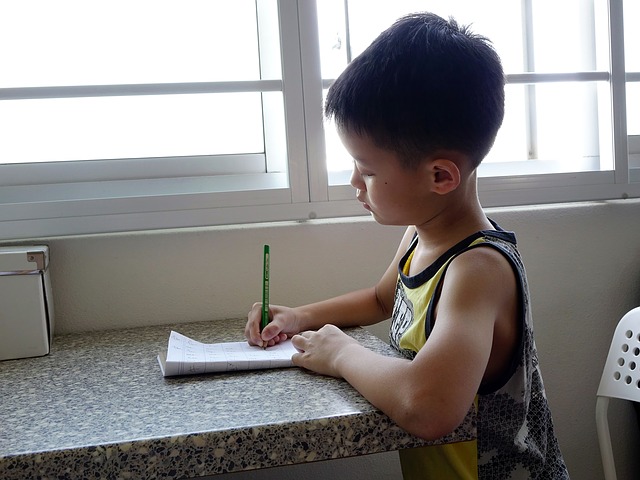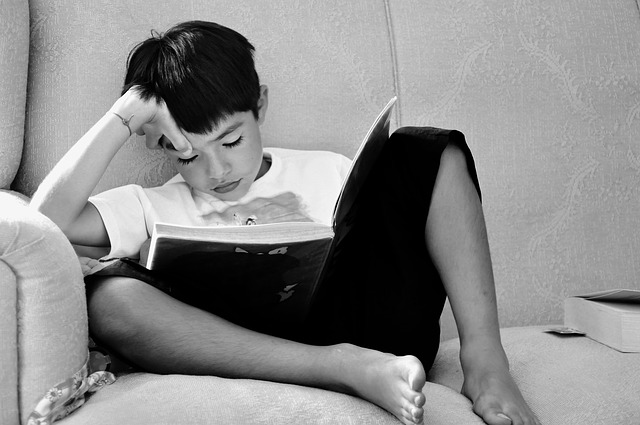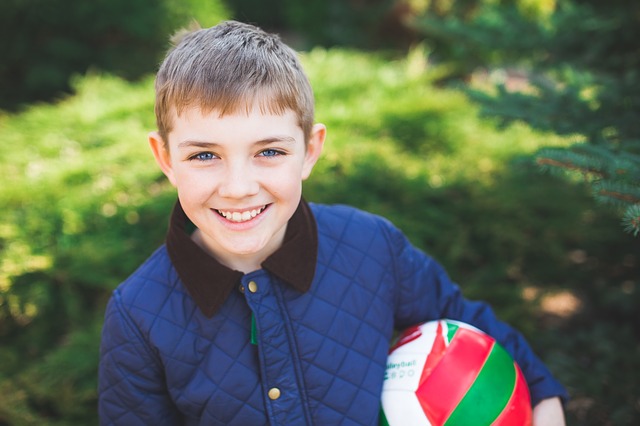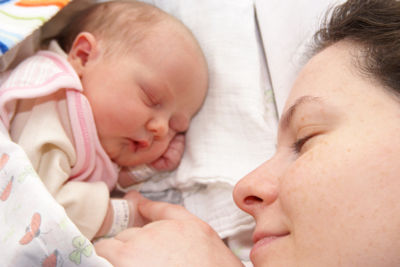Both quantity and quality of sleep do have an impact on a child or adolescent’s academic performance. In the last seven years, more than 30 studies have demonstrated that poor quality sleep such as shortened total sleep time, erratic sleep/wake schedules, fragmented sleep, late bedtimes and rise times are associated with poorer school performances.
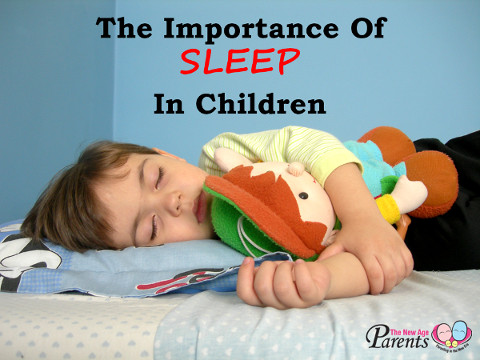
These school ratings are comprised of teacher ratings, student’s grades and individual tests of neurocognitive functioning. The studies suggest that children who take a long time to sleep, have erratic sleep schedules, or sleep-in on weekends, perform worse in school.
These studies were done on a wide age range of children. Interestingly, when sleep has been restricted by as little as one hour per night, intelligence tests showed diminished performance in children. Poor sleep habits induce stress and the resulting stress will induce illnesses in children.
Relationship Between Attention Deficit Disorder (ADHD) And Poor Sleeping Habits
Attention Deficit Disorder (ADHD) is another issue related to poor sleeping habits and school performance. ADHD is a rapidly growing diagnosis in children today and may have its roots in poor sleep habits. Poor attention, fidgeting, aggression, and poor mood control are common both in a child with ADHD and one with poor sleeping habits.
➡️ Related Read: What is ADHD?
Younger children are getting singled out for these behaviors and are often labeled by teachers or psychiatrists with ADHD. If the ADHD-Like behaviors are a result of poor sleep habits, a child will not receive proper treatment and is likely to be managed through medicine that won’t correct the fundamental problem.
The pressure to succeed academically is very high in Singapore. But if a child is not well-rested, his ability to absorb information and synthesis will be compromised. Good sleeping habits are a function of consolidated sleep, such as, no waking during the night after 9 months of age and spending enough time in bed.
➡️ Related Read: It’s Not All About Academic Results
If a child at the age of 12 months and above is still waking three or more times at night, this is an indicator of poor quality sleep. Over time, this will result in a shortage of sleep that can impact the child’s ability to regulate their emotion, attention span, and learning capacity.
What can you as parents do?
Make sure that you establish good sleeping habits at an early age. This means having a regular bedtime that is age-appropriate and respects the amount of time your child needs to spend in bed.
Establish a consistent and repeatable bedtime routine at a young age so that going to bed is fun and not a battle. Most importantly, ensure that your child knows how to fall asleep unassisted so that by one year of age they can sleep through the night without waking (sleeping through the night is considered 9½ hours in a row for 6 months to 3 years and then 11 hours for children 4 and up).
By Tammy M. Fontana from All in the Counselling.
Tammy Fontana, MS, NCC CTRT Sex Therapist (USA) is the founder and mental health therapist for both All in the Family Counselling and Babysleepfairy.com. She has been providing professional counselling and sleep services in Singapore for over 8 years. She has her Master’s Degree in Mental Health Counselling (USA) and is a USA National Counsellor Counsellor (NCC) and Certified Choice Therapy Reality Therapist (CTRT). She is also a US trained certified Sex Therapist. She provides evidenced and practiced based solutions to parents, individuals and couples.
* * * * *
Like what you see here? Get parenting tips and stories straight to your inbox! Join our mailing list here.
Want to be heard 👂 and seen 👀 by over 100,000 parents in Singapore? We can help! Leave your contact here and we’ll be in touch.




































